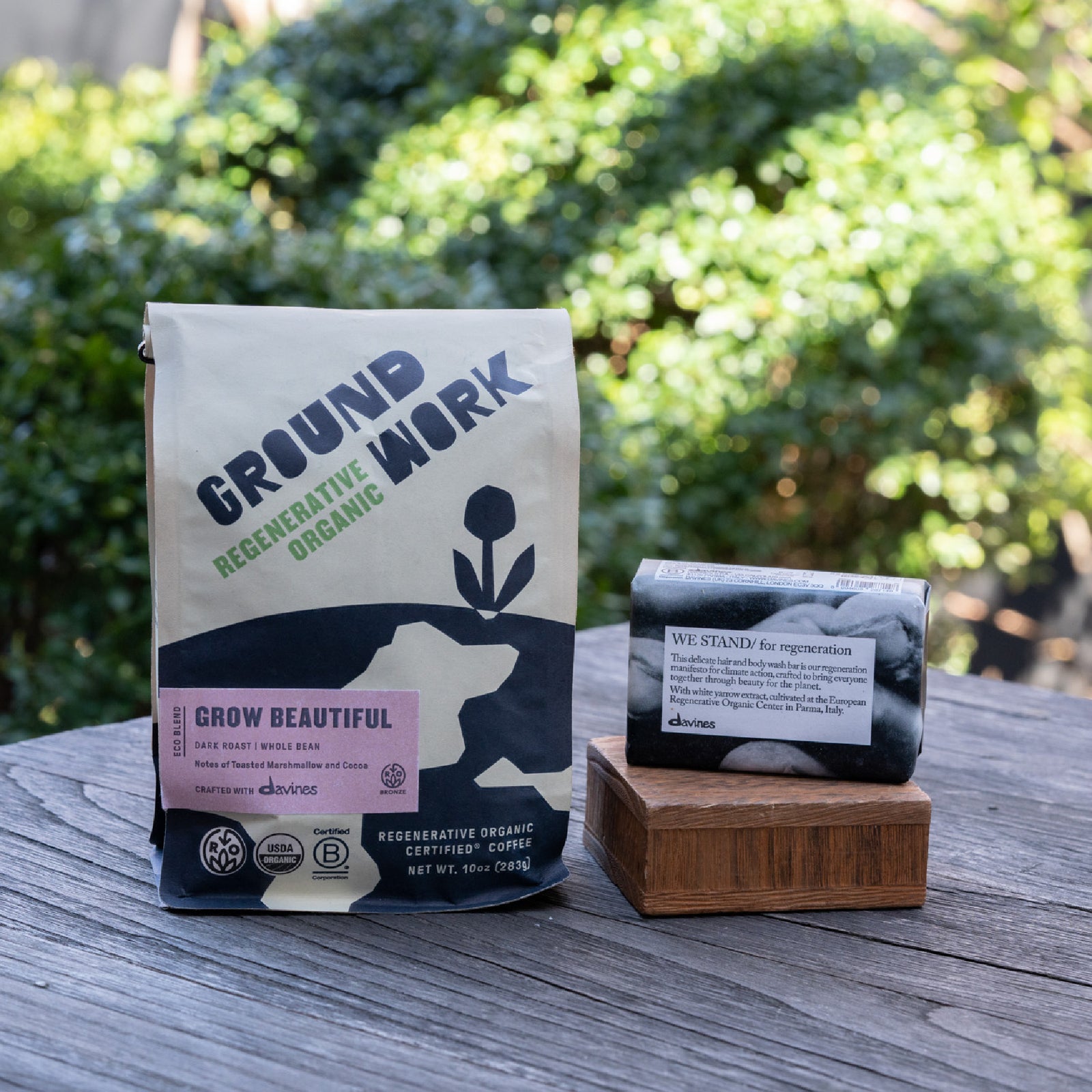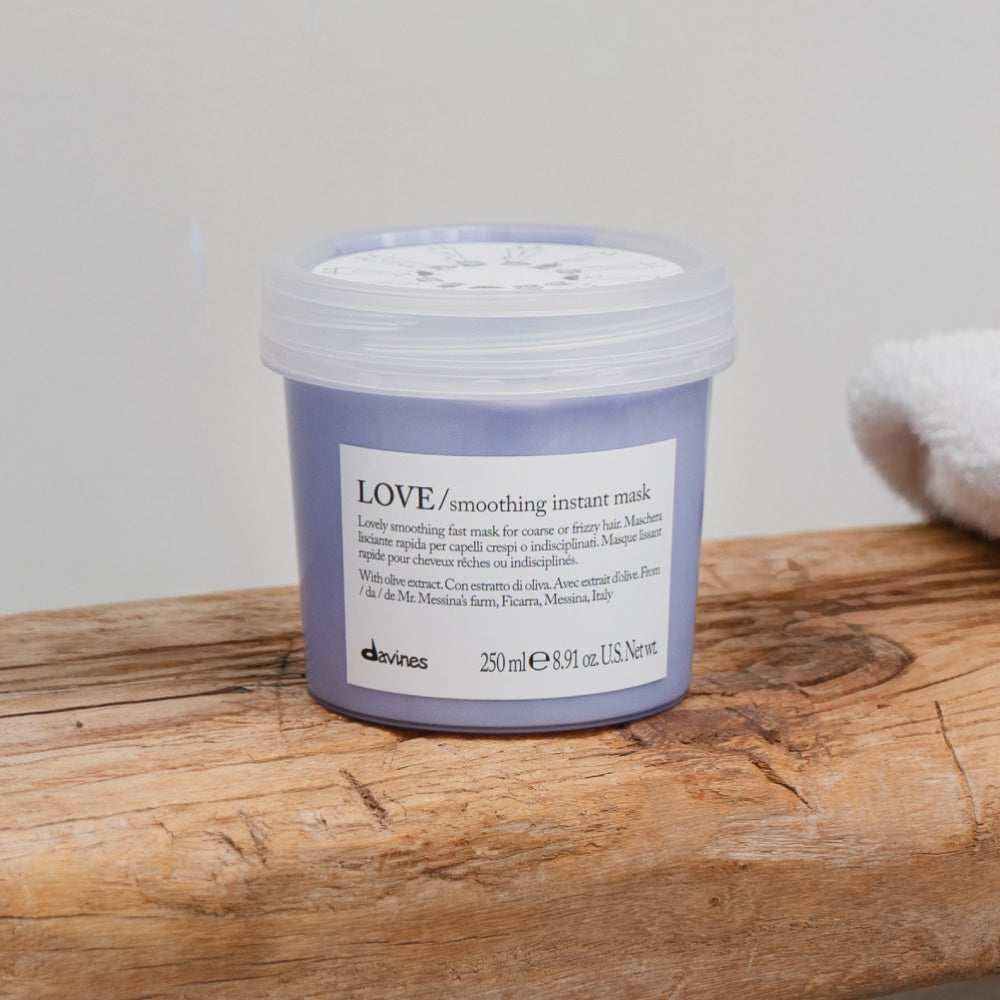As a biological function, stress exists for a reason. Your gut instinct might be to say that it’s a largely negative one you wish you could do without — and I’d be pretty inclined to agree — but stress is also here to keep you safe. The fight-or-flight response might not serve the same day-to-day function as it did when our ancestors were evading animals and natural disasters in the wild, but it is still a beneficial warning system telling us to stay alert if we ever encounter danger or threats. In smaller doses, a little stress can add needed “pressure” to ensure you stick to deadlines and accomplish daily tasks more efficiently. There have even been studies that show a moderate amount of stress can fortify your immune system, improving the functionality of your heart and help ward off infection.
But we should obviously acknowledge the negative side of stress. While some people like stock brokers may claim to thrive in high-stress workplaces and environments, it’s hard to ignore the damage it can impact on your life if left unchecked. If you’re living a high-stress life for too long, the long-term consequences can include cardiovascular disease, high blood pressure, developing problems with mental health, and even physical problems like acne and permanent hair loss. You’ll not only feel bad on an emotional level, but physical as well.












1 Comment
1 Response
pankaj rai
August 13, 2020
I always look forward to your post, you always seem to be able to find a way to make every time interesting and full of fresh content. i also write reviews about
<a href = “https://mindtransformer.org//” > STRESS MANAGEMENT
Leave a comment
Comments will be approved before showing up.